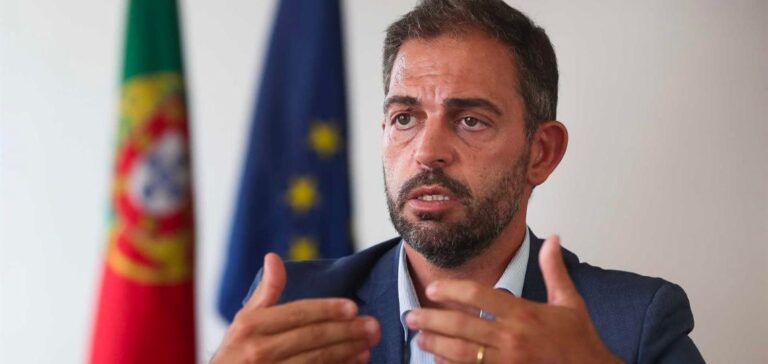Portugal, like the rest of Europe, is affected by the energy crisis. The country could face major difficulties if Nigeria does not deliver the full amount of LNG planned. So says Duarte Cordeiro, Minister of Environment and Energy of the Iberian country.
Portugal relies on Nigeria to get through the winter
D. Cordeiro assures that the Nigerian government has assured Portugal of delivering the planned LNG. However, the West African country may not comply, according to the minister. He explains:
“From one day to the next, we may have a problem, such as not being supplied with the expected volume of gas.”
In fact, the two countries have signed a contract for the supply of LNG to Portugal. However, Nigerian oil and gas production is experiencing difficulties. Pipelines are frequently victims of theft and vandalism. As a result, Nigeria LNG’s Bony Island terminal is operating at only 60% of its capacity.
Portugal has managed to completely fill its gas reserves. Nevertheless, Cordeiro says that LNG deliveries from Nigeria remain more than significant. Thus, the country is looking for alternatives to avoid a shortage this winter.
What are the alternatives?
Last year, shipments from Nigeria accounted for 49.5% of Portugal’s total imports. The United States was the country’s second largest supplier, with 33.3%. The rest of the imports come from multiple countries such as Trinidad and Tobago, Algeria, Qatar and Russia.
Portugal is therefore looking for alternatives to “increase the country’s energy security”, according to Dr. Cordeiro. In addition, like many nations, the country is seeking to reduce its gas consumption while developing its electricity production.





















